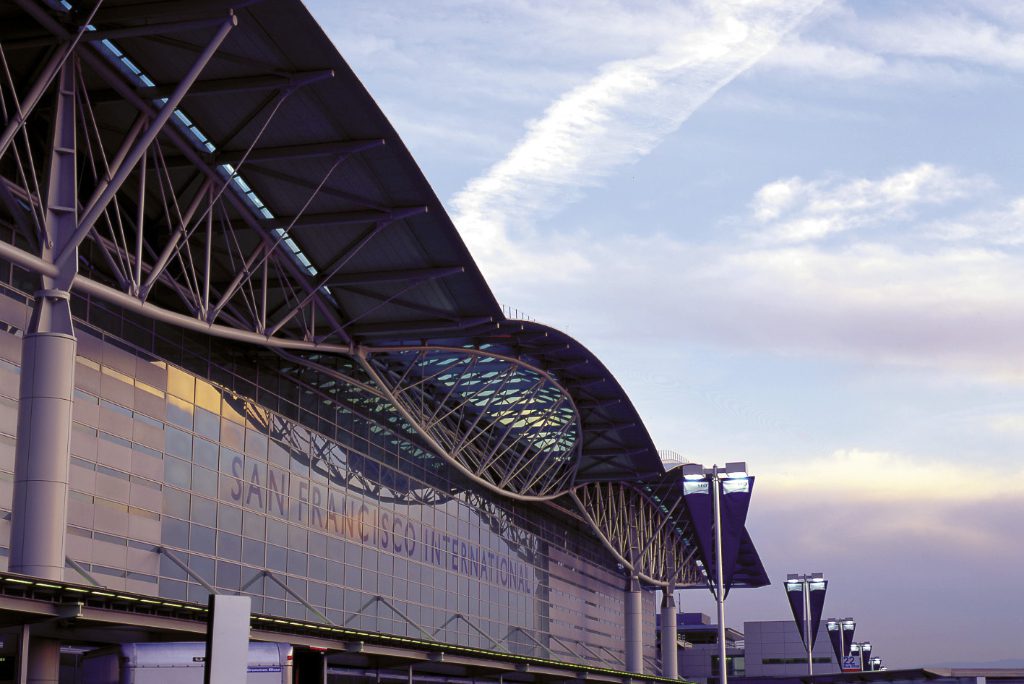An Uptick in Fraud Is Complicating Airline Refunds for Canceled Flights

Skift Take
The surge in requests for refunds on canceled flights has given cover for con artists to commit a few types of fraud. Airlines need to tap better ways to protect themselves and travelers.
Airlines have been overwhelmed by a surge of consumer requests for refunds for flights canceled due to the coronavirus pandemic. Scammers have been eager to exploit the situation, pursuing fake refund claims and other scams at a time when airline resources are otherwise strained.
One flashpoint is so-called "social engineering attacks." The recent surge in customers interacting with airline customer service via social media has created a larger-than-usual opportunity for swindling.
Some customers post on social media their booking reference numbers and other personal information as they try to get answers from companies. Airlines aim to combat the problem by warning customers not to share telltale information in public. For instance, United has a standard script on Twitter to warn customers who reveal too much online. United asks the customer to "please delete your public tweet as it has your confirmation number, and send us a D.M. [direct message] instead."
Yet some con artists appear to use screen-scraping bots, or programs that trawl online looking for booking reference numbers, to catch the information before the airline prompts the customer to delete the information. The details are then bought and sold among criminals on so-called dark web, or a set of sites where users are untraceable and anonymous.
Get the

